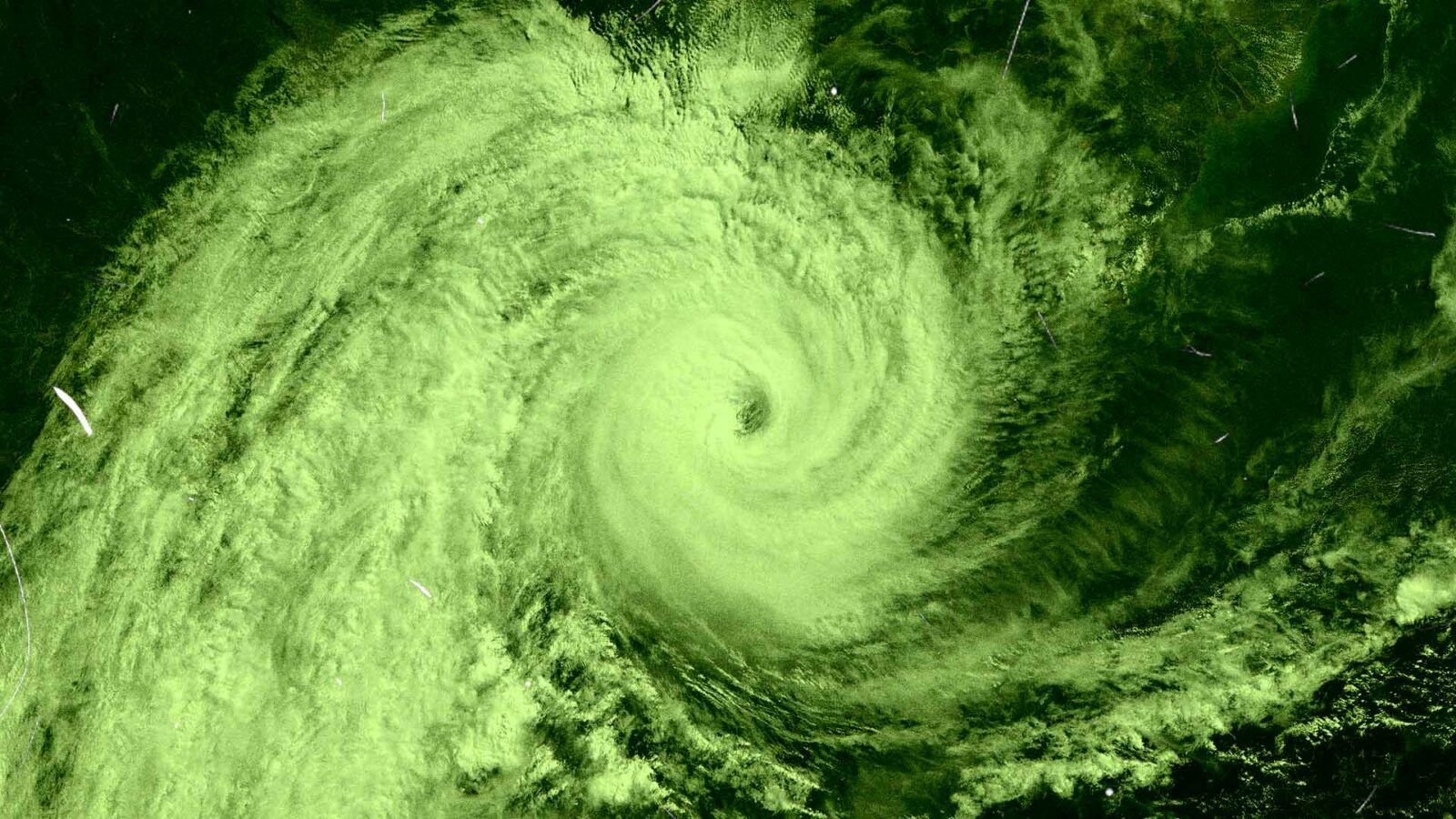Within a month, the Philippines experienced five typhoons in a row: Typhoons Quinta, Rolly, Siony, Tonyo, and last Wednesday, Typhoon Ulysses, all making a strong landfall in the country.
RELATED: Never Forget: Things To Remember When Elections 2022 Rolls Along
Thousands of homes in the low-lying communities of Metro Manila, Rizal, Bicol, and other parts of the country were submerged by the floods, forcing residents to scramble onto rooftops and wait for rescue. On the weekend, the Cagayan River swelled, leaving more residents suffering hypothermia from being left soaked overnight on their rooftops.
By now, one would think that a tropical country—with a collection of 7641 islands—would be more prepared to survive an environment that gets hit by an average of 20 cyclones a year. But without effective institutions to help its citizens, we are left relying on our own survival instincts. This shouldn’t be the case every time disaster hits.
Five cyclones in a month may seem like a tragic coincidence by nature, but this is very much an effect of climate change. All tropical storms draw their energy from the warmth of the sea, and as the sea-surface temperature warms up the Earth as a direct influence of climate change, more and more storms will likely happen.
We need to take this seriously. You may say that natural calamities cannot be avoided, but when we become more aware of the behavior of nature, how we, as a country, understand and respond to it, will make all the difference.
IT IS NOT THE POOR’S FAULT
The poor tend to blame themselves for ending up in a situation of tragedy and calamity when in the greater scheme of things, those whom we put in power should be the ones anticipating and preparing for the worst to happen. When disaster hits, we paint Filipino resilience as a means to cope with the tragedy, but a lot of deaths and destruction could have been avoided if our government did not downplay these warnings. Our leaders and the media may say that it is the citizens’ fault for being stubborn and ignorant, but it should be up to our leaders to invest in our natural world and integrate climate solutions. We, as ordinary citizens, can only do so much for ourselves. That’s why appointing qualified leaders that care about our nation is a matter of life and death.
LISTEN TO SCIENCE
We cannot expect ordinary citizens to always be prepared for a change in the environment. We need agencies and experts to study these phenomena and inform and coordinate society’s response. To this day, the Philippines lacks comprehensive, detailed studies on how climate change will affect the country specifically. The last thing we need is a P389 million-worth of dolomite sand to be dumped in Manila Bay. What we need are specialized systems that will protect our people from the onslaught of typhoons, to restore the environment, and prioritize budget allocations that actually benefit our people, so that we don’t have to rely on each other each time disaster hits.
As the late Gina Lopez once said, “If you kill the environment, you kill everything.”
If you’re reading this and you’re in a place where you are able to help and donate, ForTheFuturePH has been raising funds for both immediate relief and long-term aid for the environment and its people.





